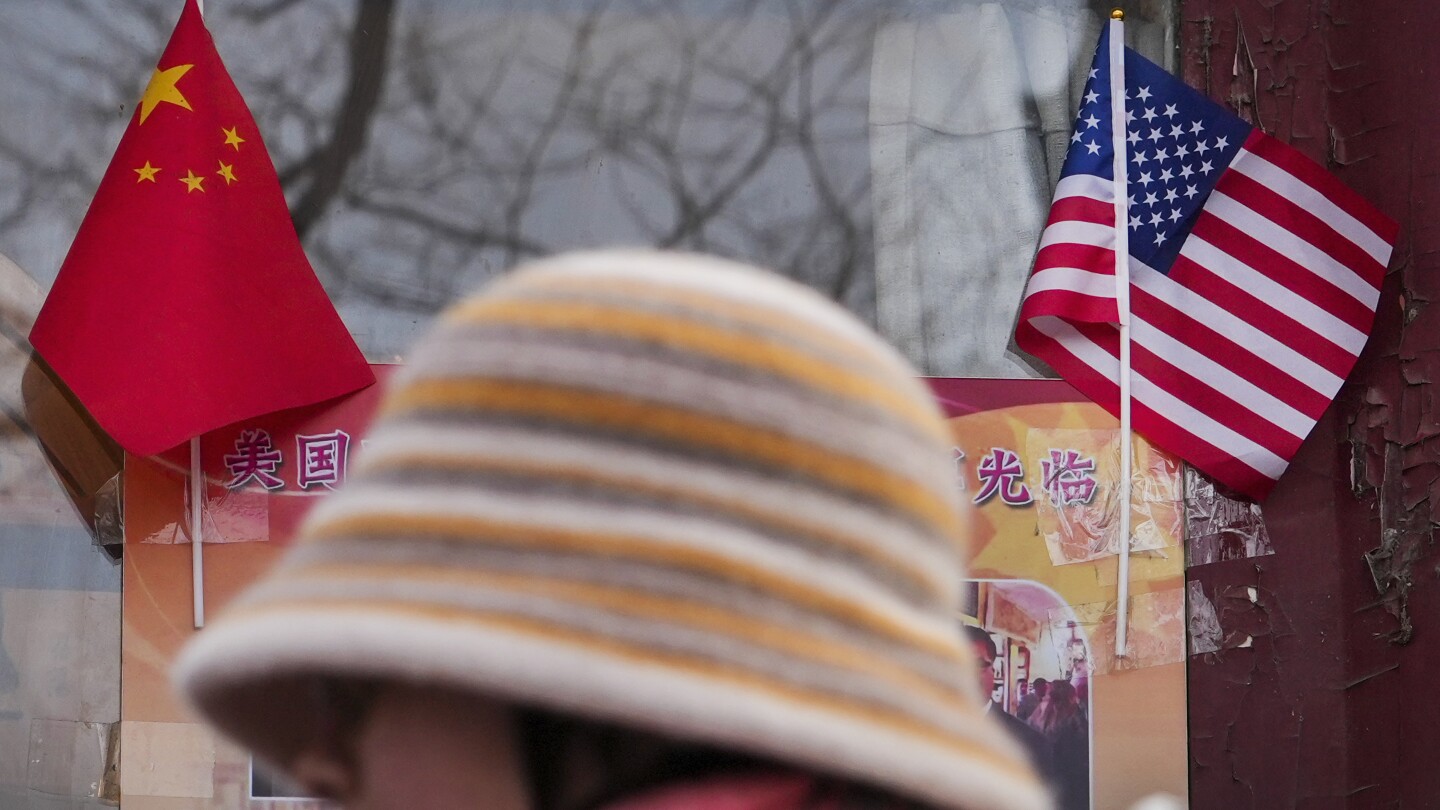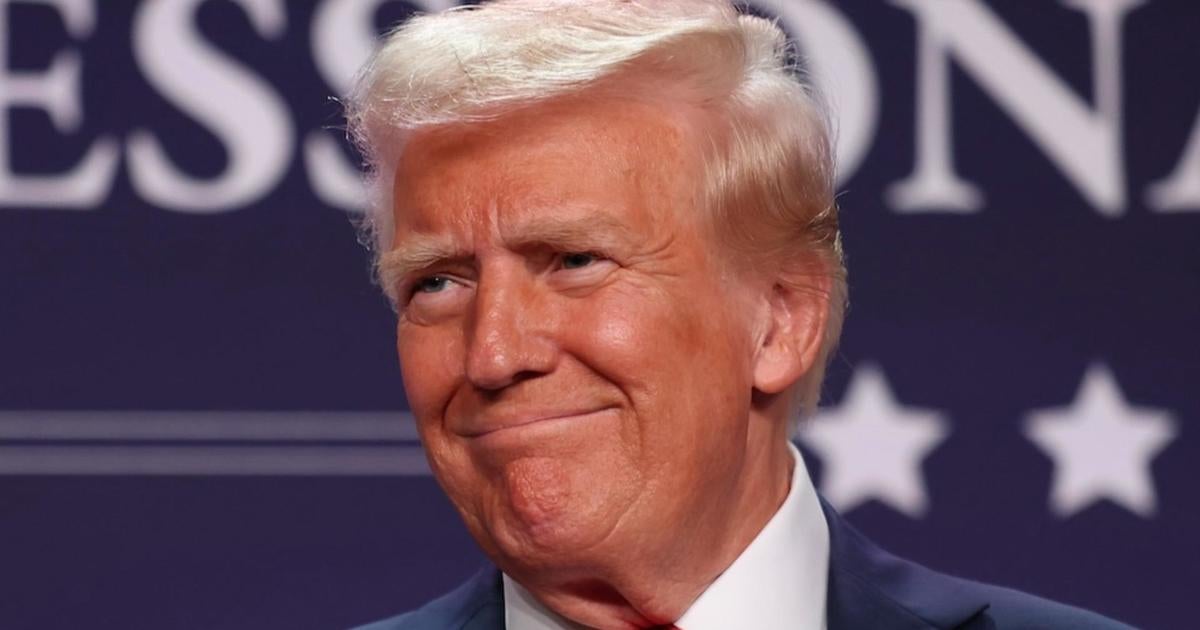China’s Strategic Response: Tariffs on U.S. Goods and a Google Investigation Unveiled
As trade tensions continue to rise between the United States and China, the Chinese government has taken a decisive step by implementing tariffs on American goods while simultaneously launching an investigation into Google. This multifaceted response reflects a significant shift in China’s trade policy and highlights the intricate dynamics of international relations. In this article, we will delve into the implications of these tariffs, the investigation of Google, and what this all means for the future of trade between the two nations.
The Background of U.S.-China Trade Relations
The relationship between the United States and China has been fraught with challenges over the last few years. Trade disputes have escalated, characterized by a series of tariff exchanges that have impacted global markets. The U.S. has accused China of unfair trade practices, intellectual property theft, and currency manipulation, leading to heightened scrutiny and retaliatory measures.
As a response to these tensions, China has now instituted tariffs on a range of U.S. products. This action signifies not only a defensive posture but also a strategic maneuver aimed at asserting its economic sovereignty in the face of perceived aggression from Washington.
Understanding the New Tariffs
The newly implemented tariffs target various American goods, including agricultural products, electronics, and automotive parts. The Chinese government has indicated that this measure is designed to protect its domestic industries and counteract the adverse effects of U.S. tariffs imposed on Chinese exports.
- Impact on U.S. Exports: The tariffs are expected to hit U.S. farmers particularly hard, as China is one of the largest importers of American agricultural products. Soybeans, corn, and pork are among the most affected commodities.
- Price Increases: Consumers in China may face higher prices for American goods, which could lead to a decrease in demand and further strain U.S. businesses reliant on exports to China.
- Global Supply Chains: The tariffs may disrupt global supply chains, as companies that rely on U.S. components may seek alternative suppliers, potentially leading to long-term changes in trade patterns.
The Investigation into Google
Alongside the tariffs, China’s investigation into Google is a significant move that underscores the country’s concern over foreign technology companies operating within its borders. The investigation focuses on allegations of antitrust violations and data security issues, raising questions about Google’s compliance with Chinese regulations.
This inquiry can be seen as part of China’s broader strategy to assert control over its digital economy and ensure that foreign firms adhere to its rules. The implications of this investigation are profound, as they could affect not only Google but also other tech giants operating in China.
- Market Access: If the investigation leads to restrictions on Google, it could limit access to its services for Chinese consumers and businesses, potentially giving an advantage to local competitors.
- Data Privacy Concerns: The investigation highlights China’s emphasis on data sovereignty, reflecting its desire to control data generated within its borders and protect its citizens’ privacy.
- Geopolitical Ramifications: The scrutiny of Google may further deteriorate U.S.-China relations, as tech companies become a focal point of the ongoing trade war.
The Strategic Implications of China’s Actions
The combination of tariffs and the investigation into Google signals a strategic shift in China’s approach to international trade and technology. This response suggests a more assertive posture, which could have several implications:
- Strengthening Domestic Industries: By imposing tariffs, China aims to bolster its domestic industries, encouraging consumers to buy local products over imported ones.
- Fostering Technological Independence: The investigation into Google aligns with China’s goal of developing its technology sector, reducing reliance on foreign firms, and promoting local enterprises.
- Preparing for a Prolonged Conflict: These actions indicate that China is bracing for a long-term trade conflict with the U.S. and is willing to take bold measures to protect its interests.
What Lies Ahead for U.S.-China Relations?
As we look to the future, the relationship between the U.S. and China is likely to remain contentious. The recent tariffs and the investigation into Google are just two elements of a broader landscape that includes issues related to human rights, cybersecurity, and regional security concerns.
There are several possible scenarios that could unfold:
- Negotiation and Compromise: While tensions are high, there remains the possibility for both nations to engage in dialogue and seek mutually beneficial solutions. Trade negotiations could lead to a de-escalation of tariffs and improved relations.
- Continued Confrontation: On the other hand, both countries may dig in their heels, leading to further retaliatory measures and a prolonged trade war that could have repercussions for the global economy.
- Alliances and Realignments: The current situation could also lead to new alliances, as countries navigate the complexities of U.S.-China relations and their own national interests.
Conclusion
China’s strategic response to the escalating tensions with the U.S. through tariffs on American goods and an investigation into Google marks a critical juncture in international trade relations. This multifaceted approach not only demonstrates China’s resilience but also its determination to protect its economic interests and assert its position on the global stage.
As we move forward, it is essential for both nations to recognize the interconnectedness of their economies and the global market. The actions taken today could have lasting impacts on trade dynamics and geopolitical relationships for years to come. The hope remains that through dialogue and cooperation, a path toward resolution can be forged, fostering a more stable and prosperous future for both the U.S. and China.
See more CCTV News Daily



